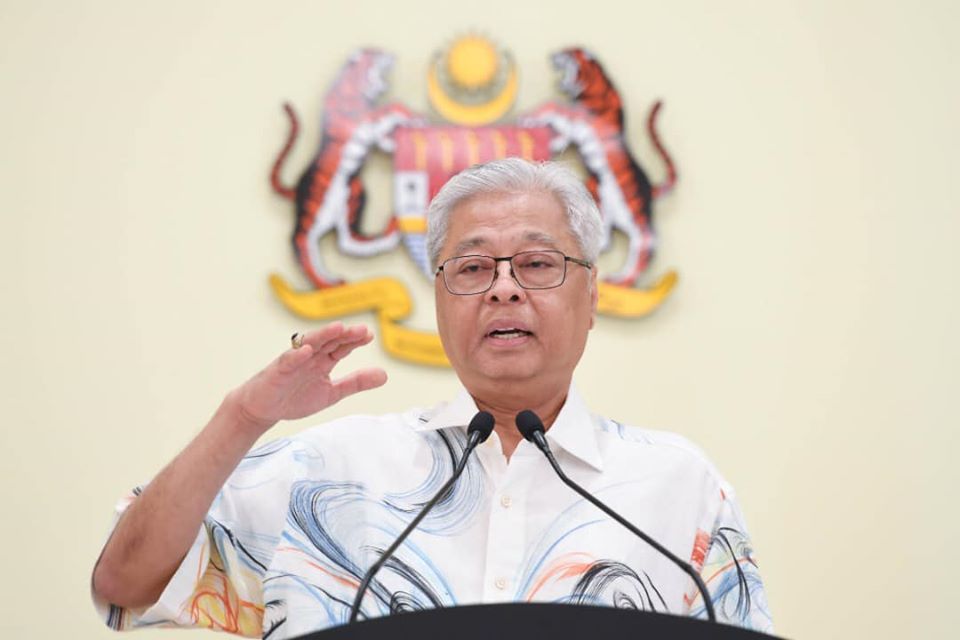KUALA LUMPUR, Oct 28 — The federal government has yet to complete mid-term and long-term plans to deal with Covid-19, Ismail Sabri Yaakob said today, 10 months into the pandemic.
The senior defence minister, who answered a question raised by a reporter on the government’s three-month and six-month Covid-19 plans, said: “The special National Security Council meeting has agreed to form a special committee to deal with the pandemic to look into mid- and long-term plans.
“Now, we’re doing short-term measures. But we need short-term, mid-term, and long-term planning. There are nine areas of focus which cover all angles, including education, economy and health,” Ismail Sabri mentioned in a press conference today.
The minister, who is chairing the special committee, stated that ministers have also been appointed to lead all the nine sub-committees.
“They are drafting mid- and long-term plans. I believe in the nearest time, they will present it to the core team to overcome the Covid-19 pandemic. I am the chairman, and we will look at the long-term planning. We also don’t know.
“As we all know, we don’t know when Covid-19 will end. As I explained before, as long as we don’t have the vaccine, the danger continues to be present. We must resume our lives even with the virus. But we must exercise self-control. At the same time, the government will present mid-term and long-term plans, because we don’t know when Covid cases will end.”
Putrajaya has implemented various movement restrictions — such as the Conditional Movement Control Order (CMCO) in the Klang Valley during a new surge of Covid-19 cases nationwide that have hit Sabah particularly hard — often changing lockdown standard operating procedures and guidelines in the government’s daily press conferences.
At the same time, Ismail Sabri also mentioned today that the prior notice of two days before implementing movement restrictions in certain localities is aimed to carry out necessary preparations.
According to a reporter in the press conference, the two days’ prior notice has led people, especially foreigners, to run away from the localities under lockdown.
“We usually will give two days’ prior notice before implementing a lockdown. The objective of it is to carry our preparation tasks. The police should mobilise their members to control the area,” said Ismail Sabri.
Ismail Sabri also highlighted the preparations that need to be done by the Ministry of Health (MOH) to carry out targeted contact tracing measures in that specific area.
Iskul Sama DiLaut Omadal, a community-based initiative to provide basic literacy lessons for the undocumented Bajau Laut children who are in Pulau Omadal, in Semporna, Sabah, recently stated that it provided food baskets as an effort to retain potential Covid-19 patients in the island.
According to Iskul, 10 undocumented migrants refused to go for testing and, in fact, ran away from the areas.
“As promised, we provided the welfare part by galvanising support from foundations, private companies, NGOs and individuals to contribute to food baskets, Vitamin C, masks and drinking water for two weeks. Anything beyond is stretching our limit,” Iskul mentioned in a Facebook post.
“Despite that, we decided to take the matter to our hands. We decided to track the patients since our team knows the stateless community well. We managed to track nine persons. All tested positive during the second screening last Saturday.”
Today, Ismail Sabri said non-government organisations should get approval from MOH and work with the state disaster management committee before distributing essential items in any parts of Sabah, as a protective measure to contain the virus transmission in the state.








